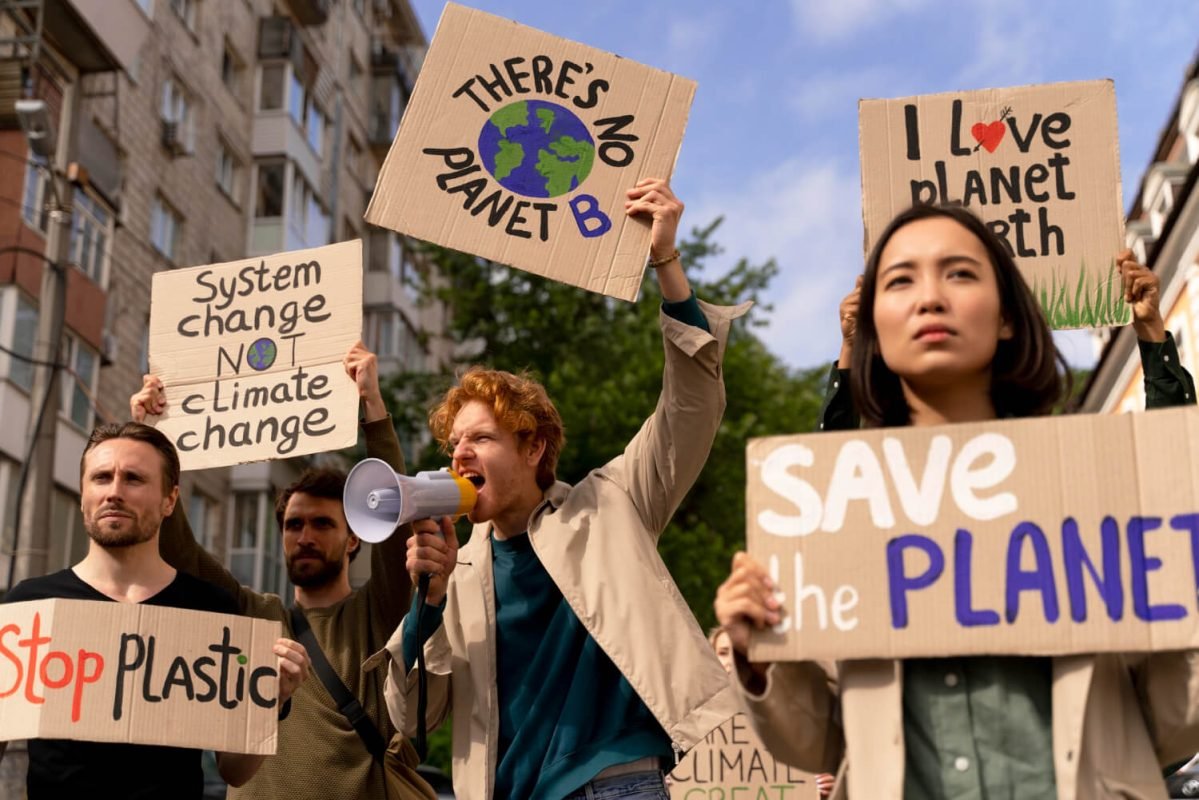Blog
Climate Injustice: How Global Warming Exacerbates Social and Environmental Disparities
Climate change is a global phenomenon posing significant social, economic, and environmental challenges. However, its impact is not felt equally across all populations, with marginalized communities, low-income households, and communities of color bearing a disproportionate burden. These communities are already more vulnerable to environmental degradation and social injustice, and the effects of global warming only exacerbate their conditions. This highlights the need to address the social, political, and economic impacts of climate change and work towards climate justice.
The Impact of Global Warming on Social and Environmental Disparities
The following are the impacts of global warming on social and environmental disparities:
1. Food Insecurity
Global warming disrupts ecosystems, leading to reductions in agricultural productivity and food supplies. It exacerbates existing food insecurity, with marginalized populations and low-income households bearing the brunt of reduced access to food. As global warming worsens, these populations increasingly rely on erratic weather patterns for agriculture, exacerbating food insecurity.
2. Water Insecurity
Global warming leads to disruptions in the water cycle, leading to more severe droughts, floods, and water scarcity. Low-income households and communities of color are disproportionately affected, leading to persistent water insecurity. The limited access to clean water for these communities impacts their health, livelihoods, and access to better economic opportunities.
3. Health Impacts
Global warming has devastating health impacts on vulnerable communities through the spread of infectious diseases and heat-related illnesses. Populations living in impoverished areas are more susceptible and less resilient to such ailments due to insufficient access to healthcare.
4. Displacement and Migration
Global warming leads to greater frequency and intensity of natural disasters like hurricanes and flooding. These disasters disproportionately affect marginalized communities and low-income households, leading to displacement and migration. Forced migration and displacement further ostracize these groups and introduce new types of violence and economic insecurity.
Addressing Climate Injustice
Addressing climate injustice necessitates collective efforts to achieve the following measures:
- Effective Climate Action: Effective climate action addresses social and environmental injustice by reducing greenhouse gas emissions and transitioning to renewable energy sources. This action provides a clear benefit of cleaner energy access to marginalized and low-income households across the globe, providing a basis for economic empowerment in such areas.
- Adaptive Strategies: Effective climate action also entails measures that cater to the resilience and adaptation of vulnerable communities through improved infrastructure and disaster-response plans. These should account for future climate conditions to ensure adequate future resilience planning.
- Equitable Resource Access: Climate justice involves a recognition that marginalized communities have the right to equitable access to resources and decision-making power. This includes equitable access to clean water, land, energy, and natural resources.
- Solidarity: Addressing climate injustice is only possible through solidarity and collaboration across class, race, gender, and national boundaries. It is necessary to ensure that marginalized communities are put first in all efforts towards building a just and equitable international community.
Conclusion
Global warming poses significant social and environmental challenges, with marginalized communities, low-income households, and communities of color bearing the brunt of these impacts. Addressing climate injustice involves equitable resource access, adaptation strategies, and effective climate action to reduce greenhouse gas emissions. Ultimately, addressing climate injustice necessitates a commitment to solidarity and collaboration, seeking to uplift marginalized communities and ensure the sustainability of our planet.




